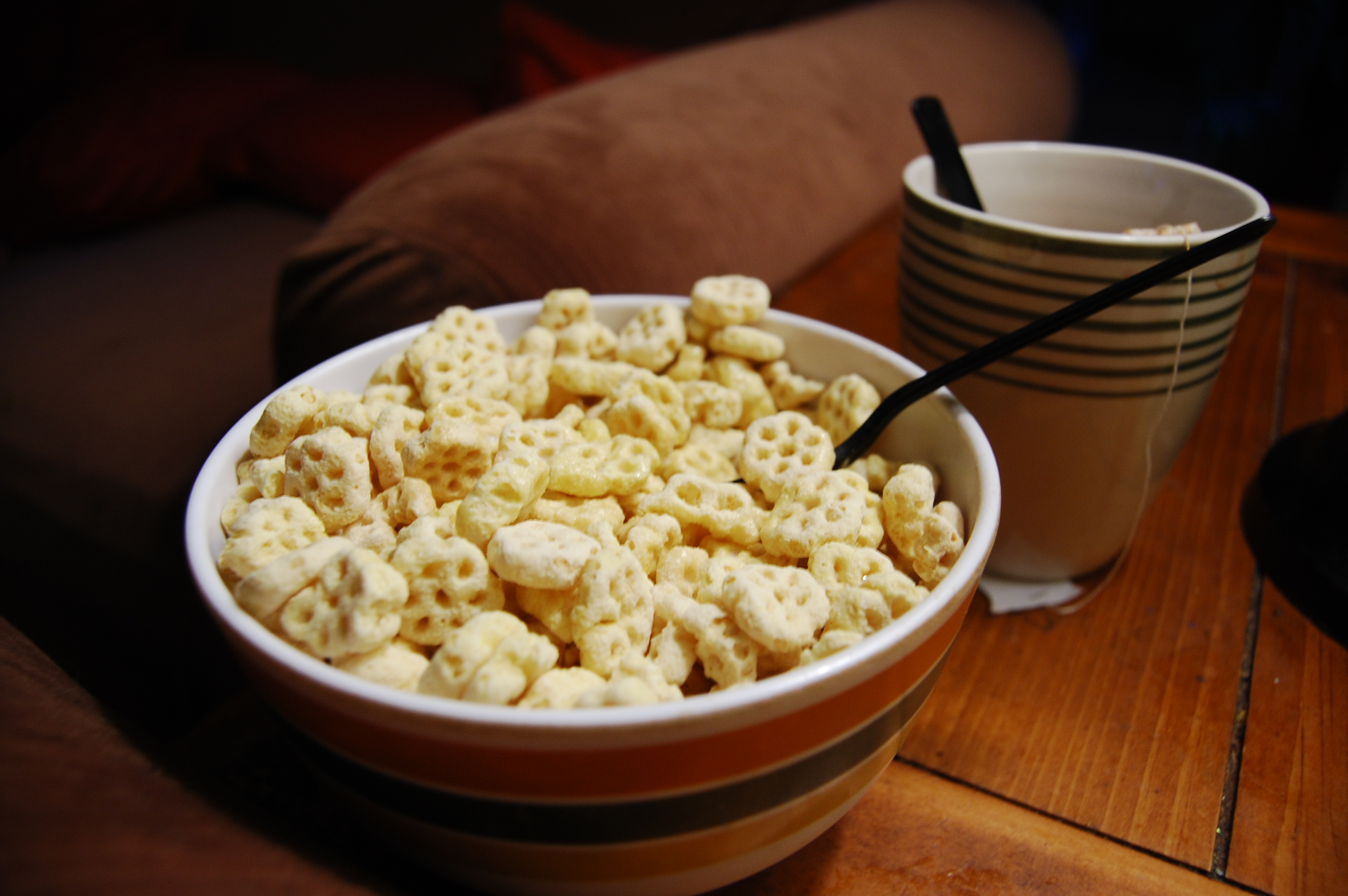
Sugar and Processed Foods Are Making You Fat
According to recent research, the types of ready-to-eat foods you leave in plain sight on your kitchen counters can be used to predict your weight.
According to Professor Brian Wansink, who specializes in how house design affects eating habits, this is one of the ways in which you may trick yourself into gaining weight.
If a food is left out, you're far more apt to eat it than if it's tucked away in a cupboard, so what you leave out can make a significant difference in your overall diet and, ultimately, your weight and health.
November 9, 2015 | Source: Mercola | by Dr. Mercola
According to recent research, the types of ready-to-eat foods you leave in plain sight on your kitchen counters can be used to predict your weight.
According to Professor Brian Wansink, who specializes in how house design affects eating habits, this is one of the ways in which you may trick yourself into gaining weight.
If a food is left out, you’re far more apt to eat it than if it’s tucked away in a cupboard, so what you leave out can make a significant difference in your overall diet and, ultimately, your weight and health. As reported by the Epoch Times:1
“The study2,3 looked at photographs of more than 200 kitchens in Syracuse, New York, to test how the food environment relates to the body mass index (BMI) of the adults at home.
The women in the study who kept fresh fruit out in the open tended to be a normal weight compared with their peers.
But when snacks like cereals and sodas were readily accessible, those people were heavier than their neighbors — by an average of more than 20 pounds.
‘It’s your basic See-Food Diet — you eat what you see,’ says Brian Wansink, professor and director of the Cornell Food and Brand Lab and lead author of the paper in the journal Health Education and Behavior.”
Soda and Breakfast Cereal Top List of Obesity-Related Foods
Those who kept soda out in the open and within easy reach weighed an average of 24 to 26 pounds more than those who didn’t.
And while processed breakfast cereals are widely advertised as being healthy for your heart and weight, people who kept cereal on their counters weighed an average of 20 pounds more than those who didn’t have cereal in their counter.
This study is hardly an example of rigorous science showing that cereal makes you fat, but it’s still an interesting observation that falls right in line with the nutritional facts. Most cereals are chockfull of sugar, and excess sugar is the number one culprit of obesity and chronic disease.
Cutting Sugar Can Improve Child’s Health in Less Than Two Weeks
As reported by The New York Times,4 recent research shows that cutting added sugars can improve a child’s health in as little as 10 days. The study5 was led by Dr. Robert Lustig, a pediatric endocrinologist who has long argued that added sugar is toxic when consumed in too-high amounts.
“Obese children who cut back on their sugar intake see improvements in their blood pressure, cholesterol readings, and other markers of health after just 10 days, a rigorous new study found…
In the new study, which was financed by the National Institutes of Health… [t]hey removed foods with added sugar from a group of children’s diets and replaced them with other types of carbohydrates so that the subjects’ weight and overall calorie intake remained roughly the same.
After 10 days, the children showed dramatic improvements, despite losing little or no weight. The findings add to the argument that all calories are not created equal, and they suggest that those from sugar are especially likely to contribute to Type 2 diabetes and other metabolic diseases…”
The study reduced the amount of added sugars from an average of 27 percent of daily calories down to about 10 percent, which is in line with the most recent recommendations by the federal government’s Dietary Guidelines Advisory Committee, issued in February.
